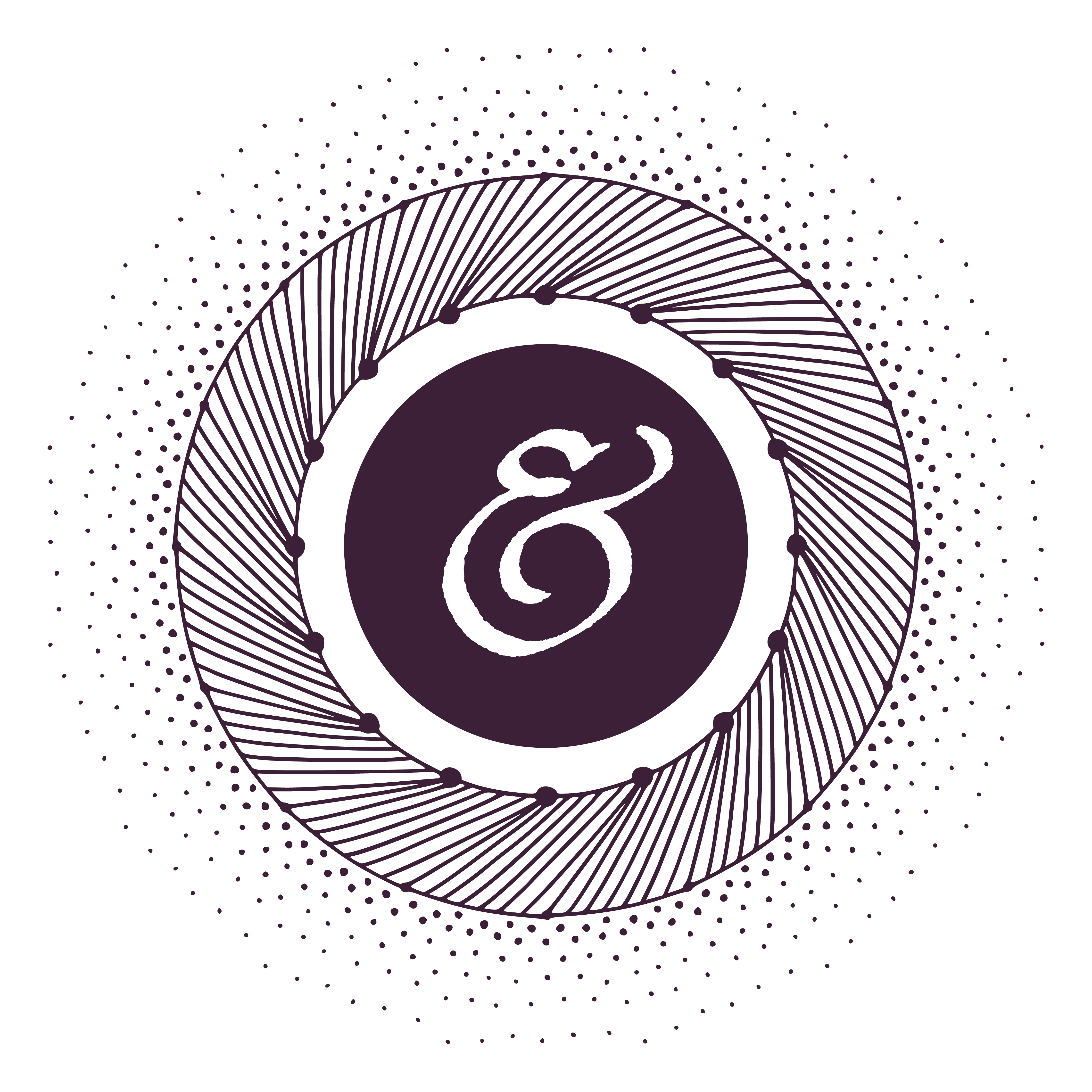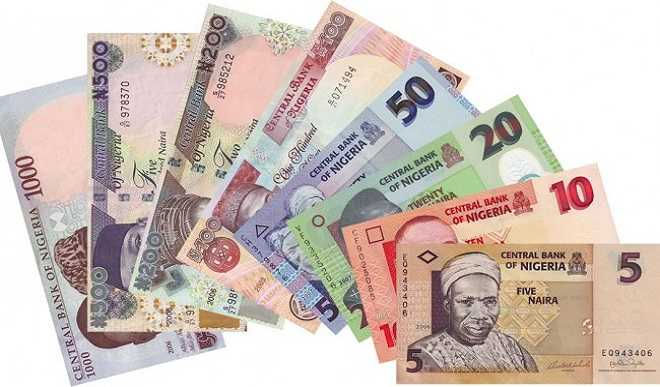The landing cost of petrol now at N232, while subsidy has increased to N5.58billion
- Omoruyi Enoma

- Jun 28, 2021
- 3 min read
Updated: Aug 18, 2021

Between December 2020 and mid-June this year, the landing cost of Premium Motor Spirit imported into Nigeria increased by more than 60%, despite the product's pump price remaining steady.
On the heels of a rebound in global oil prices and a depreciation of the naira versus the dollar, the landing cost of petrol jumped to N231.98 per litre on June 16 this year, up from an average of N143.60 per litre in December.
The Petroleum Products Pricing Regulatory Agency produced a pricing template in March of this year that stated the month's guiding prices.
The template, which suggested that petrol pump prices were projected to range between N209.61 and N212.61 per litre, drew much criticism and was eventually removed from the agency's website.
Since December, the price of petrol at many filling stations in Lagos has stayed between N162 and N165 per litre.
The landing cost of petrol was N189.61 a litre, according to the template, which was based on an average oil price of $62.22 per barrel for February and an exchange rate of N403.80 to a dollar.
The Nigerian naira was devalued last month when the Central Bank of Nigeria approved the NAFEX exchange rate of N410.25 per dollar as its official exchange rate, just days after removing the N379/$ rate from its website.
Mele Kyari, the Group Managing Director of Nigerian National Petroleum Corporation, indicated on March 25 that the true price of petrol might have been anywhere between N211 and N234 per litre given the present market condition.
He said that the Federal Government was subsidizing fuel with roughly N100 billion to N120 billion per month (N3.3 billion to N4 billion per day) since it was sold for N162 per litre.
In an April 20, 2021 report, the fuel subsidy will cost N500 billion in the first five months of this year since the Federal Government decided to keep the pump price of petrol steady despite rising global oil prices.
The predicted pump price of the commodity, based on the PPPRA template and Platts data, was N254.90 per litre on June 16, up from N239.31 per litre on April 16.
As of June 16, a subsidy of N92.98 per litre is expected between the expected retail price of N254.90 per litre and the present pump price of N162 per litre, compared to N77.31 per litre on April 16.
The NNPC estimates daily petrol consumption at over 60 million litres, with a subsidy of N92.98 per litre, bringing the daily subsidy to N5.58 billion on June 16 from N4.64 billion on April 16.
The PPPRA used an average cost of $561.96 per MT (N169.22 per litre) and a freight rate of $21.63 per MT in its March template (N6.62 per litre).
Lightering fees (N4.81), Nigerian Ports Authority charge (N2.49), Nigerian Maritime Administration and Safety Agency charge (N0.23), jetty throughput charge (N1.61), storage charge (N2.58), and finance are all part of the landing cost (N2.17).
The total of the landing cost, wholesaler margin (N4.03), admin charge (N1.23), transporters allowance (N3.89), bridging fund (N7.51), marine transport average (N0.15), and retailer margin is the pump price (N6.19).
Despite the liberalization of the downstream petroleum sector, the NNPC, which has been the sole importer of petrol into the country in recent years, is still relied upon by marketers for product delivery.
The International Monetary Fund raised alarm earlier this month over the reemergence of fuel subsidies in Nigeria, calling it "concerning, particularly in the context of inadequate revenue mobilization."
Following a dramatic decline in crude oil prices, the Federal Government abolished the fuel subsidy in March 2020, lowering the product's pump price to N125 per litre from N145.
“The recent introduction and implementation of an automatic fuel price formula will ensure that fuel subsidies, which we have eliminated, do not resurface,” the Nigerian government said in a letter of intent sent to the IMF on April 21, 2020, in response to its request for $3.4 billion in emergency financial assistance.
In a report released in February following its Article IV engagement with Nigeria, the IMF stated that the Nigerian authorities expressed a strong resolve to avoid fuel subsidies from returning and to completely remove power pricing shortages by mid-2021.
However, petrol subsidies reappeared early this year when the government refused to allow the product's pump price to reflect the huge increase in oil costs.
“The revival of gasoline subsidies is causing anxiety for the mission. It emphasized the need of implementing a market-based fuel pricing structure and the necessity for well-targeted social support to mitigate any negative effects on the poor,” the IMF stated in a statement on June 17.




Comments